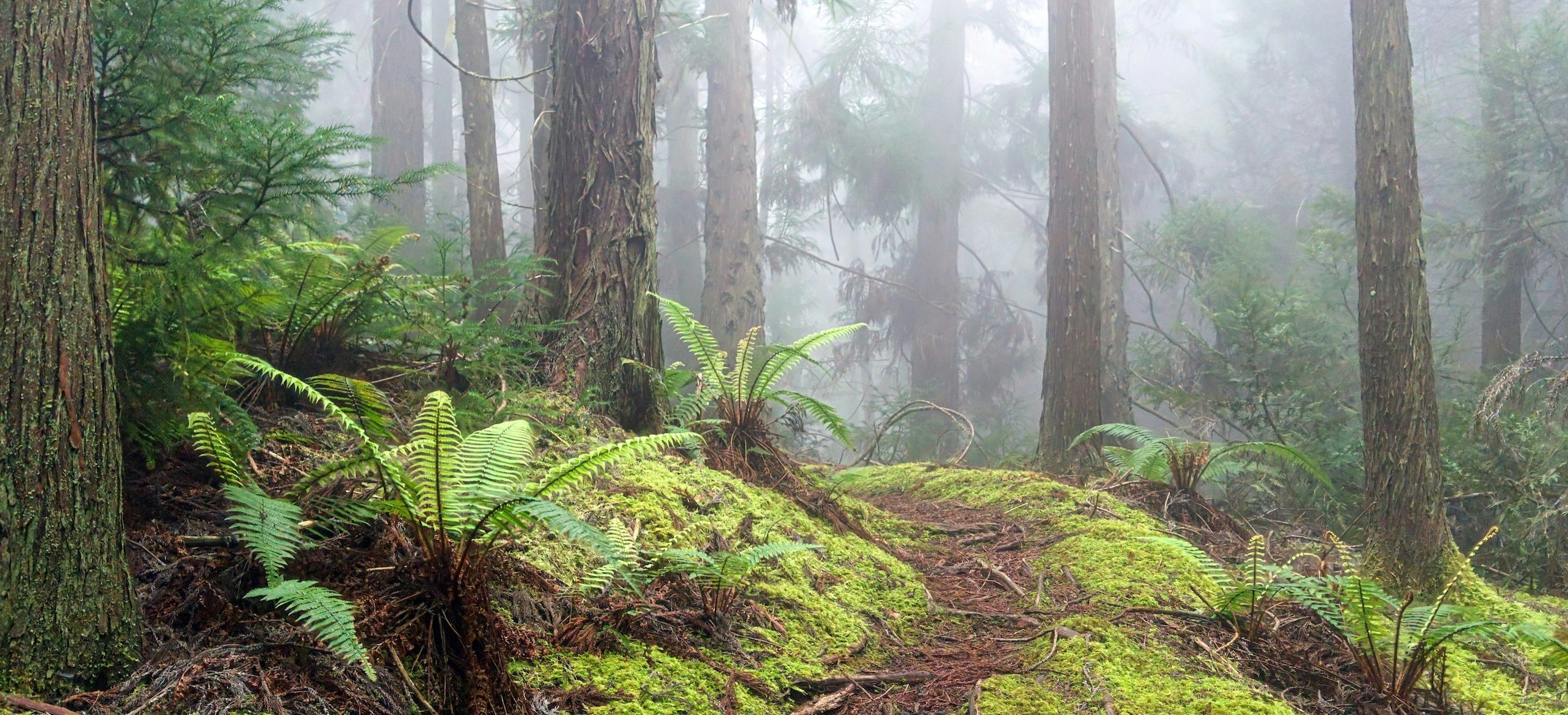If I had my child to raise over again,
I'd finger paint more, and point the finger less.
I'd take my eyes off my watch, and watch with my eyes.
I'd stop playing serious, and seriously play.
〰 Diane Loomans 〰
Spending our Resources
It's about claiming your power
to be in charge of how you spend your time and energy,
and focusing it on the things that matter the most to you.
〰 Jane McGonigal 〰
Spending is what we do with our lives. It is a core activity, taking up most, if not all of human resources. So what are our resources? And what happens when we spend them?
Wednesday evening last week, as the full Harvest Moon climbed over the rooftops of our village, flushed in a surreal bright orange glow, the earth fell silent for a moment. The work of the firefighters was not done yet. They spent the night keeping watch, so we could sleep in peace.
Saturday, after the fires were declared ‘resolved’ by the Portuguese authorities, we travelled half an hour south to spend the evening in a private house in a nearby village where two world class musicians played an impromptu concert.
Elisabeth Krause (violin) & Katerina Kabilki (harpsichord) transported us on timeless sound waves composed by Johann Sebastian Bach (and others) far beyond the fallout of the ashes.
Sunday afternoon we spent some restorative hours in a nearby woodland under old oaks and chestnuts, among elders and ferns, for a session of shinrin-yoku ~ forest bathing ~ to the babbling sound of a small river and its waterfalls.
This island of ancient woodland on the banks of the Rio Cavalos stirs marveling and wondering in the inner landscape. How many forest fires have these trees witnessed and survived over hundreds of summers?
How did they manage to protect and sustain themselves, to become a living memory of the natural landscape?
Where do they stand, in view of the nature of the recent ‘natural catastrophe’?
What is the river’s perspective on human spending of private and public/ common/ natural resources?
Spending our Resources
You can’t be a resource for others unless you nourish yourself.
〰 Alexandra Stoddard 〰
The contemporary English word spend is associated with consumption. Consuming, in this context, implies mostly two resources ~ time and money.
Popular etymology derives the English spend from the Latin expendere [from ex = out + pendere = to hang, weigh].
Many goods were weighed to determine their value. Before the digital age, weighing tools were based on the principle of suspension. Money itself was weighed out, back in the days when coins were made of gold and silver.
Spending money can be synonymous with investing. That’s what the Roman playwright Plautus was thinking of when he said, “You must spend money to make money.”
Plautus, like most of us, presumably considered money a major and essential resource. But it’s neither the only one nor the most valuable. The most important resource is… well, it depends on who you ask.
Maya Angelou valued the heart more than financial assets when she wrote, “All great artists draw from the same resource: the human heart.”
For Steve Jobs “It's really clear that the most precious resource we all have is time.”
David Suzuki claims that “water is our most precious resource.”
To John F. Kennedy, “the human mind is our fundamental resource.”
In the mind of celebrity chef Julia Child, “soup is a marvelous resource.”
Alice Walker holds children in high esteem as “humanities’ most precious resource.”
Khloe Kardashian views herself as a resource to empower young girls.
The acclaimed Indian actor Shabana Azmi suggests, “an actor's resource base must be life itself.”
Resource [from Latin re = again + surgere = to rise] is associated with personal or collective wealth, or the means of raising money, supplies, skills, or gather support.
Source [from Latin sub = up from below + regere = to keep straight, guide] was originally used in English in 14 c. in the sense of spring or fountainhead of a river.
Whenever we spend anything, it must come from a source or resource.
In the English language, the presumed origin of the word spend is the Latin verb pendere. This etymological root leads to a word family which includes appendage, depend, dispense, expense, impend, pendulum, pension, pensive, suspend… etc. and even spider and spinner.
Spending in the sense of expending resources is associated with exchanging one’s own resources for goods or services.
Depending on whether resources are spent ‘wisely’ (in the sense of bringing profitable returns), spending may be equated with investing or squandering/ wasting.
In any case, the English word spend with its Latin root is inextricably linked to scarcity and running out of resources. We could say that the undercurrent of spending is driven by a sense of poverty or lack, accompanied perhaps by fear of loss, or FOMO (fear of missing out).
Reading this far, you might shrug your shoulders, thinking, that’s the way it is with resources. There is nothing we can do about that. They have a tendency to diminish or run out… (unless we spend a lot of time and effert replenishing them).
This may be true ~ as long as you interpret the word spend the ‘English way’ and assume it’s the ‘only way,’ which is not the case.
A brief, easily overlooked note in etymonline mentions that “the word was borrowed generally in Germanic: Old High German spendon…”
The German verb spenden [from Old German spentôn, spendôn = to share freely, to give without payment in return] is used in contemporary language synonymous with the English verbs tithing, giving alms and donating.
The Germanic root of spenden was originally linked to charitable giving in a religious context. This means, the German spenden is not primarily about expending available resources but rather about sharing part of one’s wealth for the benefit of others or the collective.
Another closely related German verb spendieren means to treat someone, to pay for a round. Both words, spenden and spendieren imply giving of one’s own resources without expecting anything in return.
Spending a Life
How we spend our days is, of course, how we spend our lives.
〰 Annie Dillard 〰
The English spend evokes a sense of scarcity. It warns against running out of resources. Constantly. The linguistic and experiential source of the ‘underground stream of consciousness’ of spending is a perpetual shortage of resources, hanging by a fragile thread, spun by an ancestral human mind.
The German spenden, by contrast, assumes abundance and generosity. It encourages making donations, giving and sharing from a bountiful source.
For whatever reason, the English interpretation of the word spend has developed through a reductionist anthropocentric view of human resources. In the English use of the word, we have not only reduced our resources to time and money. We have created a permanent sense of lack, a fear of running out of hours, cash, energy, health, mental capacity, and life.
This sense of scarcity has a powerful impact on how we spend our temporal, financial and all other resources. But it doesn’t have to be this way.
Let’s take time as a representation of human resources and make a conceptual shift.
“Life in our universe is a flash in the pan, a few moments in the vast unfolding of time and space in the cosmos…,” American physicist Alan Lightman writes in his book Improbable Possibilities.
Lightman offers the surprising explanation that the realisation of the scarcity of life makes him feel a connection to other living things, which he describes as …
“… a kinship in being among those few grains of sand in the desert, or present during the relatively brief era of life in the vast temporal sprawl of the universe.”
This insight offers a bridge from an anthropocentric to a symbiocentric understanding of the passage of time. The apparent scarcity has a profound effect on how we spend those fleeting moments which add up to a human life.
Whether we view ourselves as “stardust suspended in the hammock of spacetime,” ~ as suggested by Australian philosopher Frank Jackson ~ or feel entangled in the sticky spiderweb of time-measured-as-money, which attaches us to physical life on earth, each of us is making countless choices about spending those moments allotted to us by the Fates.
What if spending was never supposed to be about draining our resources ~ whether it’s time, money, physical or mental energy, emotional or psychic power, water, or a nourishing soup…
I cannot believe that healthy spending was ever meant to be about consuming our resources to the point of exhaustion ~ and end up spent. Where did this idea come from?
In a parallel linguistic universe, the German spenden speaks of generosity, sharing, giving from a sense of abundance and surplus. (I’m not suggesting that in German speaking countries people don’t experience lack of money or time. They use different words for the same anthropocentric fallacy).
Either path, scarcity or abundance, sooner or later leads to the realisation that time is not money after all. Money will never be anything but a manmade construct, to be used as a public convenience.
Time, on the other hand, is a measure of our earthly life. Our time is our lifetime, no matter how brief. Our personal time (mind, heart, humanity…) and how we spend these resources is part of who we are, and who we become in this life…
… which stirs the question
How are we spending ourselves?
Bearing in mind that spending is part of a perpetual cycle of drawing from and feeding back into the same source ~ which nurtures and becomes the river, current, stream, resource.
Would you rather be nurtured by the anthropocentric stream of scarcity,
or the perpetual cycle of natural abundance
supplied by a symbiocentric universe
which holds us forever
in suspense







Thank you Geraldine for sharing! 💕🙏 🍎
Oh so valuable Lady Veronika, thank you,
I appreciate the way you think. Good medicine, indeed, in a nutshell, I love it!
Happy harvest, Geraldine